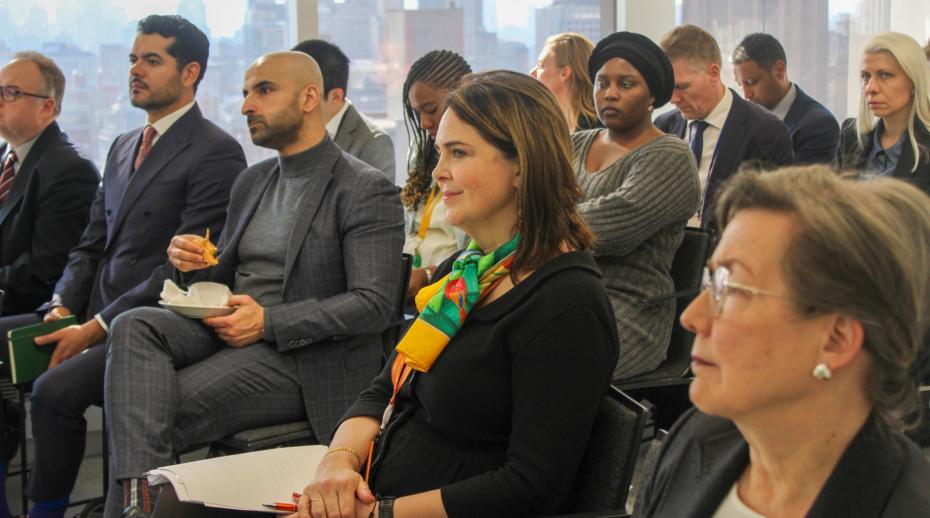
On 9 February, SIPRI launched a report that looks at how multilateral peace operations relate to non-traditional security challenges. The launch took place against the backdrop of discussions on United Nations initiatives such as the ‘New Agenda for Peace’, ‘Summit of the Future’ and ‘Pact for the Future’.
Click here to read the report.
Fit for purpose
The context in which multilateral peace operations are conducted is increasingly marked by non-traditional security challenges—terrorism and violent extremism, organized crime, irregular migration and human trafficking, environmental degradation and resource scarcity, and epidemics and pandemics. These challenges are often of great relevance to the work of peace operations, but such missions may not be the right tool for addressing them.
The report provides an overview of the activities that multilateral peace operations undertake to address the drivers and consequences of non-traditional security challenges, as well as the benefits and challenges of missions taking on these tasks. As the field of peace operations and conflict management is fragmenting and moving away from the UN, the report outlines the implications for coordination and cooperation between all actors and provides policy implications.
At the event, Dr Jaïr van der Lijn, Director of the SIPRI Peace Operations and Conflict Management Programme, presented the findings of the report to a panel of experts. Ambassador Elina Kalkku, Permanent Representative of Finland to the UN, welcomed the audience with opening remarks and Ambassador Bahia Tahzib-Lie, Deputy Permanent Representative of the Netherlands to the UN, provided closing remarks.
The report concludes the third phase of the New Geopolitics of Peace Operations initiative. The initiative is supported by the Ministry of Foreign Affairs of the Netherlands and the Ministry for Foreign Affairs of Finland and is conducted in partnership with the Friedrich-Ebert-Stiftung.
About the SIPRI Peace Operations and Conflict Management Programme
Peace operations and conflict management have been core elements of SIPRI’s work since the end of the cold war. Currently, SIPRI’s work within peace operations and conflict management consists of six main pillars: (a) peace operations data and trends; (b) the future of peace operations in the New Geopolitics of Peace Operations initiative; (c) gender and peace operations and conflict management; (d) police and security sector reforms in peace operations; (e) civilian aspects in peace operations; and (f) human rights and peace operations.
Click here to read more about the programme